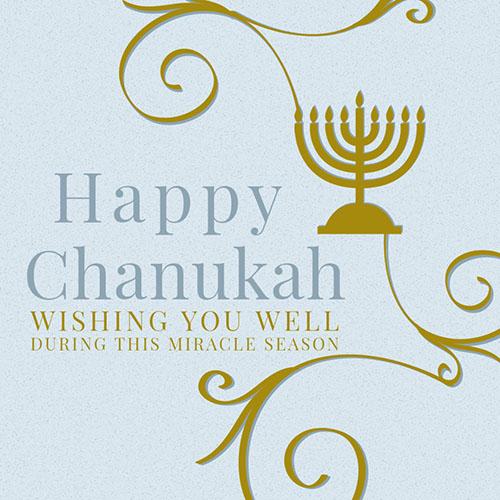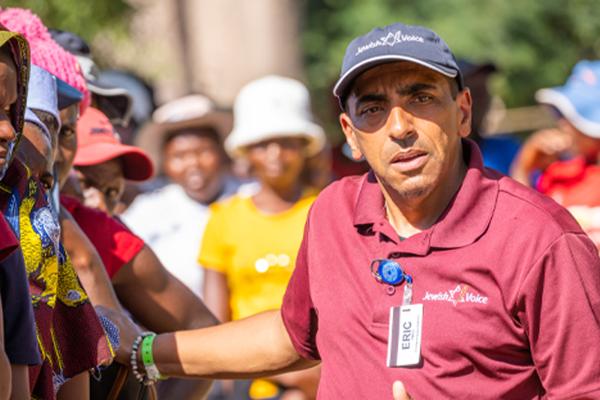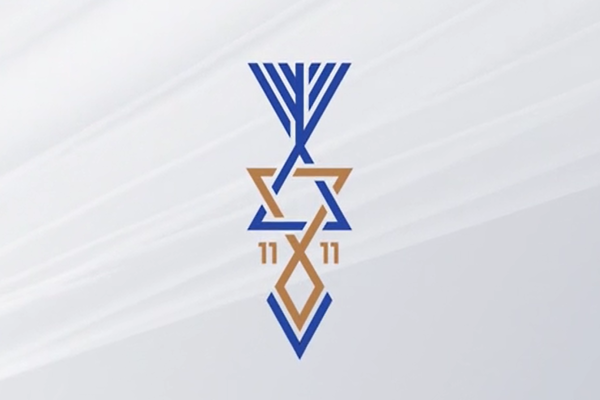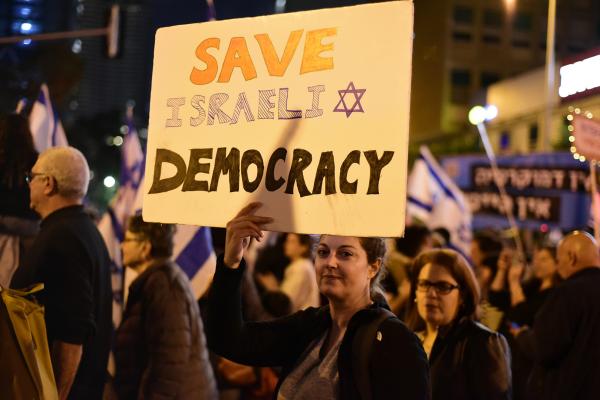Here are eight things to help Believers in Jesus understand and appreciate this meaningful Jewish holiday.
1. Chanukah lasts eight days
Chanukah is an eight-day Jewish holiday, which occurs in November or December each year. It commemorates a victory, a miracle and the rededication of the Temple after it had been defiled.
2. The Maccabees made Chanukah possible
In the second century B.C.E., Antiochus IV ruled the Jewish people. He persecuted them intensely, forcing them to worship idols or suffer brutal violence and even death. He took control of the Temple and desecrated it with idols and sacrificed a pig on the altar. A Jewish man named Judah Maccabee had enough. He gathered a small band of fighters and led a revolt against the ruler and his armies. The vastly outnumbered revolutionaries won back the Temple.
3. Another Name for Chanukah is the Feast of Dedication
Because the Hebrew word “Chanukah” means “dedication,” another name for this holiday is the Feast of Dedication. After the Maccabees took back the Temple for the Jewish people, the priests set about cleaning it up. They purged it of the idols, replaced stolen elements of worship and wanted to rededicate it back to the Lord as soon as possible.
4. Chanukah commemorates a miracle
According to the Chanukah story, only one thing stood in the way of rededicating the Temple and restoring it to its functions for the nation of Israel – oil. There wasn’t enough undefiled oil to keep the lampstand burning as God had commanded. It took eight days to go through the process of purifying olive oil for use in the Temple, and they could only find enough for one night. In faith, the priests lit the lamp, and the Lord miraculously made that small amount of oil last for eight until more was ready. This miracle of light gives Chanukah another of its names – the Festival of Lights.
5. You can’t find Chanukah in the Old Testament
The Maccabean Revolt occurred in the intertestamental period, the years between the Old and New Testament writings, so you won’t find Chanukah mentioned in the Old Testament. That being true, it becomes clear that Chanukah is not one of the biblical Feasts that God commanded Israel to observe every year. However, it is a meaningful holiday mentioned in one of the Gospels. John 10:22–24 begins, “Then came the Festival of Dedication at Jerusalem….” In these verses, we see Jesus at the Temple, walking in Solomon’s Colonnade, where He would have passed the pile of stones left over from the damage Antiochus had caused centuries earlier. For generations, the priests hadn’t known what to do with the enormous Temple stones, and they passed on the confident legacy that, when the Messiah came, He would tell them what to do. In this passage, John describes how the Jewish people gathered around Jesus as He walked near these stones, and asked “How long will you keep us in suspense? If you are the Messiah, tell us plainly.”
6. The Chanukah candleholder is not a menorah
Many people confuse the Chanukah candleholder with a menorah, but the “chanukiah” is different. It has nine candleholders compared to the menorah’s seven. Eight candles represent the eight nights that the miraculous oil lasted. The ninth candle, called the Shamash, or Servant Candle, is used to light the other eight. Each night, one more candle is placed in the lampstand and blessings are recited as they’re lit. The candles burn for at least a half-hour and then are allowed to go out on their own. Fresh candles are used each night, placing them in the chanukiah from right to left. Messianic Jews can’t help but see the correlation between the Servant Candle and Jesus, the Light of the World, who came to serve (Matthew 20:28) and atone for our sin through His death.
7. Traditions make Chanukah a festive holiday
Chanukah traditions also include eating fried foods in commemoration of the Chanukah oil and exchanging gifts of increasing value as the nights progress. Another Chanukah tradition is the dreidel game, in which the dreidel, a spinning top, contains letters that stand for “A Great Miracle Happened There.” In Israel, dreidels have one different letter, changing the corresponding saying to “A Great Miracle Happened Here.”
8. Chanukah is an excellent time to rededicate your life to the Lord
The Bible encourages us to do everything for the Lord’s glory and, in whatever we do, to work as if directly for Him (1 Corinthians 10:31, Colossians 3:23-24). It’s easy to go about our lives forgetting these verses or perhaps even not understanding how to follow them. Chanukah, the Feast of Dedication, is an excellent time to remind and challenge ourselves to be more intentional and thoughtful about including God in the activities of our daily lives.
Consider dedicating, or rededicating, eight things to the Lord for the coming year, one for each day of Chanukah. Spend time praying about each item, one day at a time, and take your dedication into the year ahead. What might you dedicate to the Lord? It could be an area of your life, an activity, a household chore, your time on the internet, something you desire, your sense of calling or talents? Be mindful of committing your chosen activities to the Lord and talk with Him about how you can glorify Him while doing them.












